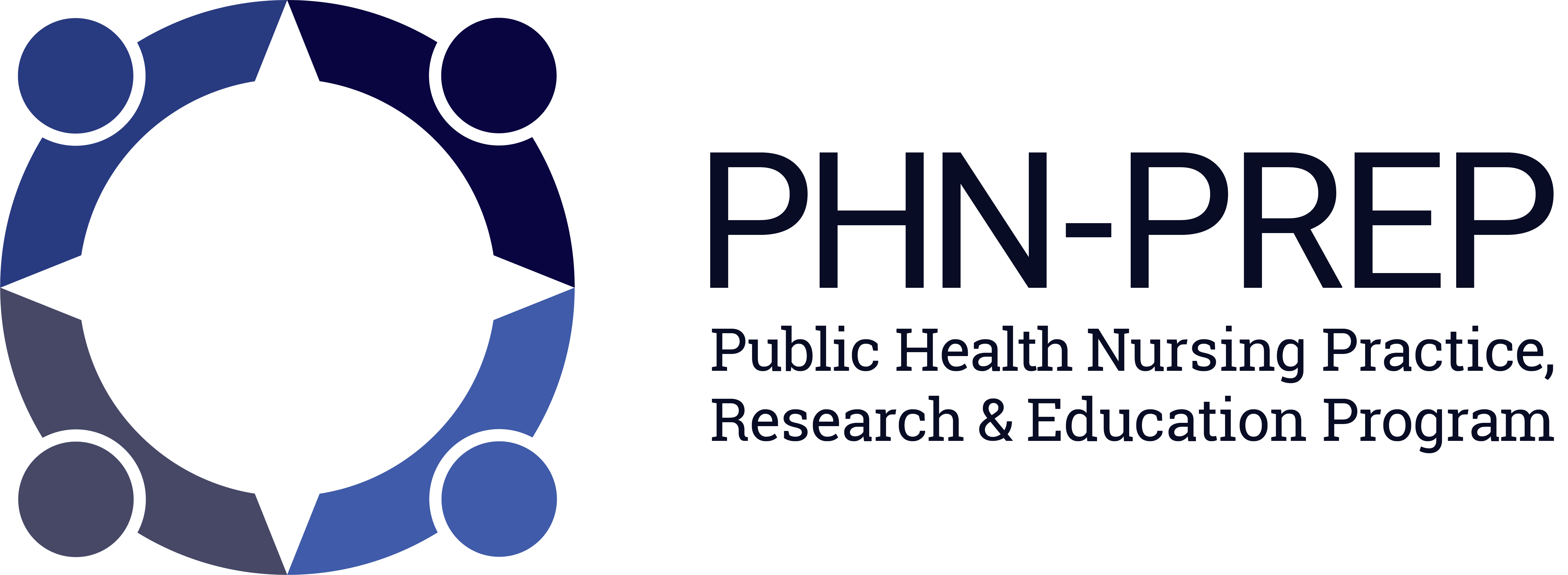
Within home visiting programs like Healthy Babies Healthy Children or Nurse-Family Partnership it has been our experience that requests for professional development on “intimate partner violence” (IPV) is a common need. Jody Shepherd RN BScN CCHN (C), a Public Health Nurse with the Middlesex-London Health Unit is also an “IPV Champion” within her workplace and she has these tips for other nurses or managers looking to develop or tailor the PHN-PREP IPV education curriculum to their unit:
- Develop an agency policy to address IPV. As part of the policy, outline that the provision of education to support staff to identify and respond to IPV is an organizational priority.
- Identify an “IPV Champion” within the organization who is interested in keeping “up-to-date” on the evidence and best practices.
- Utilize the IPV Champion to coordinate or facilitate the education sessions. This ensures that orientation/training processes are consistent and informed by best practices.
- Building relationships between the IPV Champion and staff is important. Learning about IPV can be difficult. Having the IPV Champion meet with staff over a few sessions can be helpful, and then staff also have a “go-to” person to consult with when they are experiencing challenging clinical situations.
- Take time to identify community resources available to support individuals/families experiencing violence. Meet the key contacts and learn what their organizations offer – and what it is like for a client to access their services. This information comes in handy when public health nurses need to make warm referrals to these organizations.
- Create opportunities for staff to reflect on experiences from their practice and to share with their peers how they responded to different situations (or to ask for suggestions from peers).

